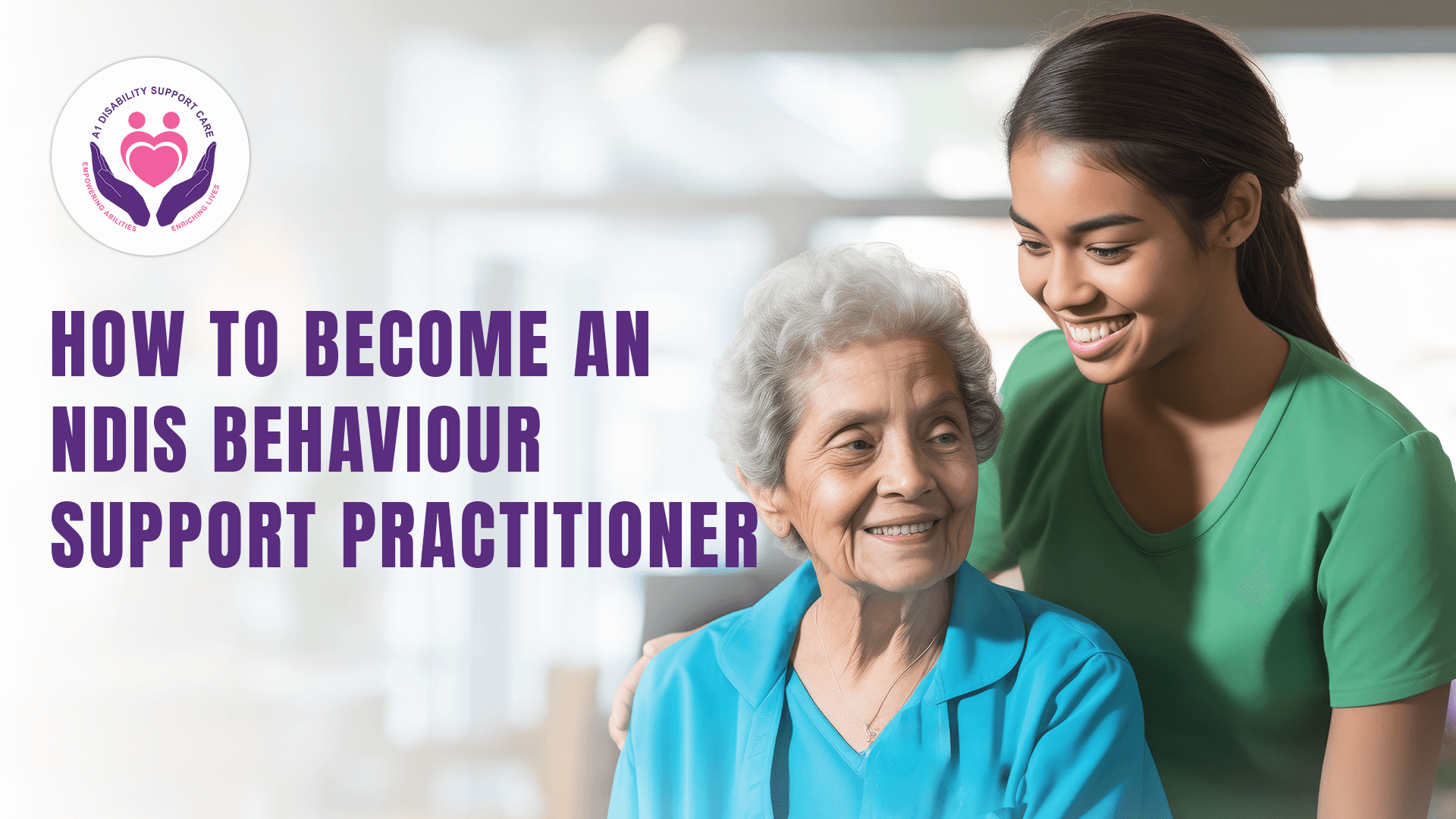Caring for an older adult is rewarding, but it can also bring challenges, especially when certain behaviours arise from health conditions, memory loss, or frustration. Instead of focusing on controlling behaviour, Positive Behaviour Support (PBS) helps us look deeper, understanding why a person acts a certain way and finding positive ways to support them.
For caregivers, learning the key principles of positive behaviour support can make daily care smoother, kinder, and more meaningful. It’s not just about reducing stress for the caregiver, but also about improving the quality of life for the person being cared for.
What Positive Behaviour Support Means
Positive Behaviour Support is an approach built on respect and understanding. It combines different therapies, strategies, and routines to encourage positive outcomes instead of punishment or control.
In Home Care, PBS is often used alongside positive behaviour therapy, positive behaviour intervention, and support. Together, they help older adults cope with changes in mood, memory, or independence in a way that feels safe and supportive.
At its core, PBS asks a simple question: “What is this person trying to tell me through their behaviour?”
The Key Principles of Positive Behaviour Support
Every caregiver can benefit from keeping these principles in mind:
-
Person-Centred Care
Every individual is different. PBS encourages us to respect their background, culture, and personal choices. In In-Home Care, that could mean adjusting routines to match what feels familiar or meaningful to them.
-
Understanding the Cause
Behaviour is often a form of communication. Agitation may signal pain, hunger, confusion, or loneliness. Instead of labelling the behaviour as “difficult,” PBS guides us to look for the reason behind it.
-
Encouraging Positive Skills
Supporting older adults in learning small coping strategies—like relaxation breathing, using reminders, or engaging in hobbies—can give them healthier alternatives to express feelings.
-
Creating a Supportive Environment
Small changes in the environment can make a big difference. A quieter space, better lighting, or familiar objects can reduce anxiety and bring comfort.
-
Working Together
PBS is strongest when families, caregivers, and professionals collaborate. Having a shared plan ensures that the person receives consistent, compassionate care.
-
Using Reliable Guidance
Caregivers can lean on trusted behaviour support sources and professional advice, rather than trial and error. Evidence-based practices keep support safe and effective.
-
Improving Everyday Life
PBS is about more than behaviour. It’s about dignity, inclusion, and creating opportunities for joy. The goal is always to help the person feel respected and valued.
Why This Matters in In-Home Care
For many seniors, behaviours such as restlessness or withdrawal are not intentional—they are responses to physical discomfort or emotional needs. By applying PBS, caregivers can bring calm to tense moments and strengthen their bond with the person they care for.
For example, if an older adult becomes upset at night, instead of scolding, a caregiver might check if they feel cold, scared, or in pain. This compassionate approach, rooted in PBS, eases the situation while preserving dignity.
Where NDIS Fits In
For people supported under the NDIS (National Disability Insurance Scheme), PBS is an important part of care planning. It ensures that participants receive support that respects their choices while reducing behaviours that may limit independence.
NDIS providers often include PBS in therapy plans, helping both the individual and their caregivers feel supported. By blending PBS with funded therapies, participants can work toward long-term goals in a safe and respectful way.
The Role of Respite Care
Caring for someone with complex needs can be draining, no matter how much love and patience you bring. This is why respite care is so valuable. It gives caregivers a chance to rest and recharge while ensuring their loved one continues to receive quality support.
During respite, staff often use the same PBS strategies that families use at home. This keeps routines consistent and helps the older adult feel secure. For the caregiver, it offers peace of mind and time to focus on their own well-being.
Practical Tips for Caregivers
Here are a few simple ways to use the key principles of positive behaviour support in daily life:
- Observe behaviours closely and look for the reason behind them.
- Keep routines consistent to give a sense of safety and comfort.
- Encourage participation in small activities—gardening, music, or gentle exercise.
- Use calm and reassuring words, especially during moments of stress.
- Celebrate small achievements with praise and encouragement.
- Reach out for help when needed—therapists, respite care, and community supports can make a big difference.
In Conclusion
Positive Behaviour Support is more than a strategy; it’s a mindset. By understanding behaviour as communication and responding with patience, caregivers can create a safe, supportive environment where older adults feel respected.
The key principles of positive behaviour support remind us to focus on dignity, independence, and wellbeing. Combined with therapies, respite care, and NDIS-funded supports, PBS makes life better not just for the individual but also for the caregiver.


